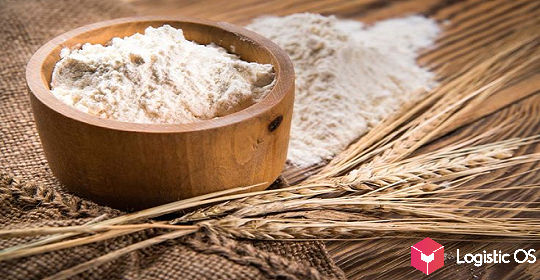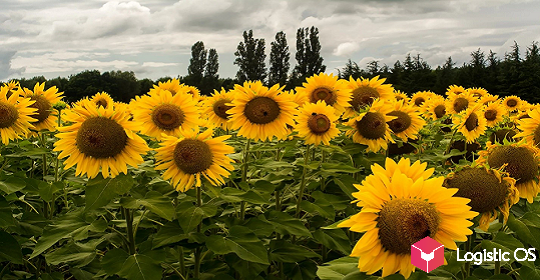According to experts, Russia will most likely be able to produce up to 7 million tons of sunflower oil, which makes it possible to export up to 4.4 million tons.
The general director of the analytical company ProZerno, Vladimir Petrichenko, believes that Russia can harvest up to 16.6 million tons of sunflower this season.
This is a higher level than last year: 16.4 million tons.
This means that oil production has every chance of growing from 6.3 million tons to 6.6 million (in the most optimistic forecasts, even up to 7 million).
And if so, then the export of oil abroad, in turn, may increase from 4.2 million tons last year to 4.4 million.
In general, over the past season, Russia exported about 6 million tons of vegetable oil. This is 33% more than a year earlier.
At the same time, about 3.8 million tons of sunflower oil were exported (data from the OleoScope agency). This is an increase of 26% compared to the 2021-2022 season.
The supply of soybean oil also increased: by 18%, to 0.66 million tons. But the most noticeable increase in export volumes of rapeseed oil: +69%, to 1.52 million tons.
What is the reason for the increase in oil production?
The main reason is the increase in raw material yield.
In addition to sunflower, soybeans may also break records this year: according to various forecasts, it can be harvested from 5.7 million tons to 6 million.
True, the forecast for rapeseed is rather negative: it is expected that it will be harvested less than a year earlier, 3.5-4 million tons.
However, the decrease in rapeseed harvest volumes is not only a Russian, but also a global trend.
“The main exporters and market creators — the European Union, Canada and Australia — are reducing production compared to last year.
We will look at consumers — China and India. There, if there is some decline or marking time with a slight increase, then, in any case, they are more active importers than last season,” Petrichenko noted.
In addition, as noted by Dmitry Rylko, director of the Institute of Agricultural Market Studies, due to high carryover reserves, the supply of raw materials for oil production will be higher than harvest volumes.
Overall, this year’s oilseed harvest is good, although worse than the previous record year.
It is expected that processing capacities will be loaded at approximately 80% this year, with a total of Russian enterprises capable of processing approximately 30 million tons of oilseeds per year.
By the way, world prices are currently rising, which should further revive this industry.

